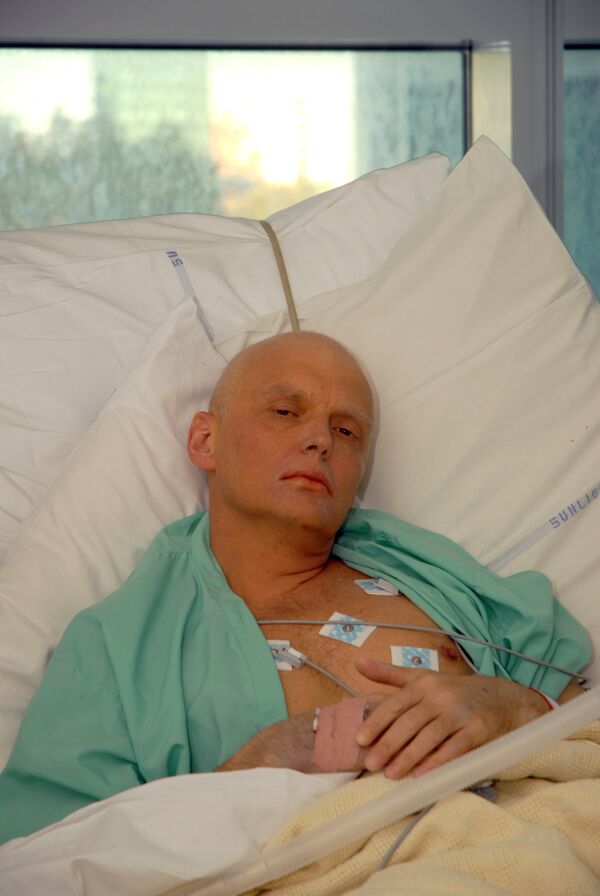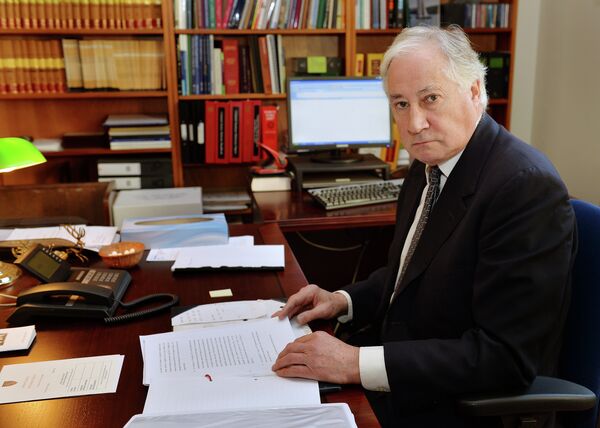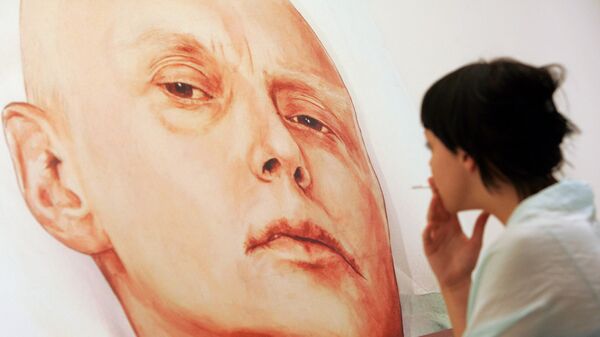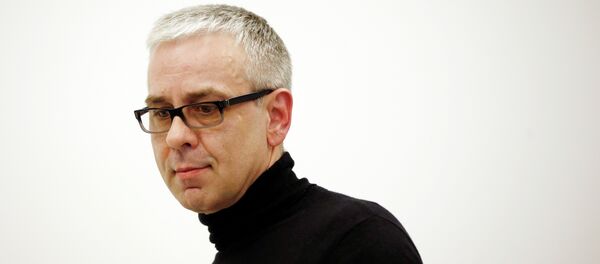The public inquiry into the death of Alexander Litvinenko in 2006 has been a long process. The former officer of the Russian security services — died in 2006 after allegedly being poisoned by polonium-210 in London.
The inquiry had been due to take video-evidence, via Moscow, from one of the alleged participants in his murder, Dmitry Kovtun, the Russian businessman and former Russian intelligence agent who met Litvinenko hours before Litvinenko fell ill. He failed Monday to turn up to give evidence saying in would prejudice the Russian investigation into the death. He has been given until Tuesday to turn up or lose his chance to testify.
London Radiation Alert
Litvinenko in 1998 accused the Russian authorities of conspiring to assassinate the tycoon Boris Berezovsky, who was found hanged in his bathroom in his house near London in March 2013. An inquest into Berezovsky's death returned an open verdict.
Litvinenko also alleged widespread corruption within the FSB. He fled to the UK where he allegedly worked as a security adviser and — according to his wife Marina — for MI6 at the time of his death. She contends that the agency could have saved his life.

The circumstances of Litvinenko's death are contested, but Russia has always said it would hand over two Russians accused of complicity in his death if a fair and transparent trial were to take place. However, the UK government has consistently tried to ensure any British intelligence service or police involvement in the case has been buried.
On November 1, 2006 at 3.30pm Litvinenko met Mario Scaramella, a security consultant and academic nuclear expert, in the Itsu sushi bar in Piccadilly, London. An hour later, he met two Russian men, both ex-FSB officers — Dmitry Kovtun and Andrei Lugovoy (now a Russian lawmaker) — in the Millennium Hotel, in Grosvenor Square, London.
Litvinenko complained of illness that evening and was admitted to hospital. He died from radioactive polonium-210 poisoning and died in University College Hospital on November 23, 2006.
Hush, Hush London
However, the inquest, which opened on November 30, 2006 and which, under English law can only look into the circumstances of a person's death and not apportion blame, was hampered after the series of PII requests from the UK foreign secretary, which effectively barred the coroner from hearing any evidence about the role played by the UK police and intelligence services in the use of, protection of or role in Litvinenko's death.

The legal twist in the long search for justice, was to turn the 'inquest' into a 'public inquiry', which would be able to hear all evidence, but not all in open court. This would let Sir Robert Owen, who originally acted as Her Majesty's Assistant Coroner for Inner North London, and now sits as chairman of the public inquest to take evidence both in public and in private, allowing some of the evidence previously ruled out to be heard.
Kovtun said he would be willing to be interviewed by video link, which should have started Monday. This allowed him to have full access to all court papers as a 'core participant'. However, according to the inquiry team, he failed to turn up and has been given until Tuesday to comply with the inquiry.
Counsel to the Inquiry, Robin Tam QC said Monday:
"Mr Kovtun wrote again [to the inquiry team] saying that he had been advised that he had signed a non-disclosure agreement as part of the Russian investigation and that before he could give evidence, he would need to apply for the discharge of his obligations under that agreement. The discharge had not been obtained and so he said he was unable to assist with the giving of evidence by video link."
In the end, neither the original inquest, opened nine years ago, nor the public inquiry will be likely to find the hard facts behind Litvinenko's death.





